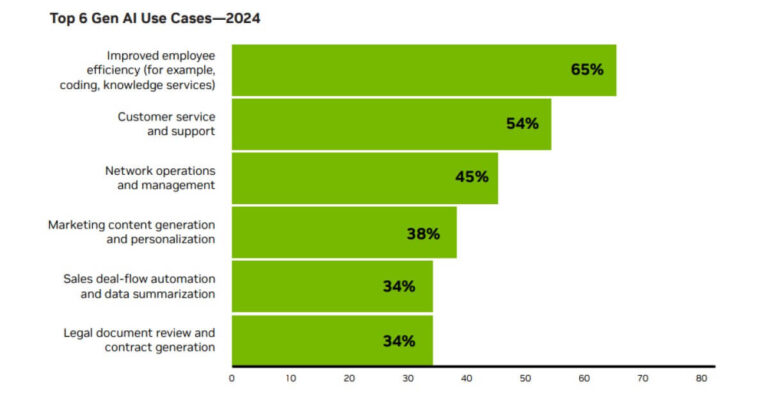OneWeb, the global low Earth orbit (LEO) communications network, today announced the expansion of its connectivity services throughout Europe and the majority of the United States as it scales toward global service. Satellite-powered connectivity through OneWeb is now reaching regions above the latitude of 35 degrees north.
This expansion became active first at the end of May, adding service to 37 new countries in Europe to OneWeb’s footprint, including Austria, Italy, France, and Portugal, as well as the entire western US coast from Washington to California, the northeast coast from Maine to Virginia, and across the Midwest. This expansion also further enhances connectivity across Canada and additional maritime regions as well.
The expanded network availability marks a significant step as OneWeb progresses toward global services.
OneWeb’s network is already delivering connectivity at 50 degrees north, working with Distribution Partners to provide community broadband solutions, cellular backhaul, corporate enterprise services, and more across the Arctic to connect locations in Alaska, Canada, the UK and elsewhere. With this latest expansion launched, OneWeb’s partners are now expanding the regions in which they are offering services as well as enabling new OneWeb partners to switch on and integrate OneWeb’s LEO network into their solutions.
As a wholesale connectivity provider, OneWeb provides its services via partners, such as telecommunications companies and internet service providers who can integrate the OneWeb service into a suite of connectivity services ensuring the end customer is connected to a high-speed, resilient, low latency internet connection, regardless of their location.
OneWeb’s LEO network will create new opportunities for education, healthcare, commerce, and economic development, with fast connection speeds and low latency making the service ideal for real-time communication applications such as video calling and enterprise-grade broadband transforming connectivity in areas where terrestrial services are not available.
Stephen Beynon, OneWeb’s Chief Customer Officer, said: “This expansion is a significant step in our journey to delivering global commercial service for our customers. We are seeing increased demand for our service as we have expanded coverage and grown our portfolio of user terminals for different markets. Our technical experience in all corners of the globe, as well as the strong relationships we have with existing partners in Alaska, Canada and Europe, means OneWeb is well placed to support customers in these new regions as well as welcoming new partners to activate services for the first time. As our network coverage continues to grow, I am incredibly excited to serve more maritime, government, enterprise, and aviation customers than ever before.”
OneWeb completed launching its global constellation earlier this year and the business is working towards offering fully global service by the year end. OneWeb and its partners are continuing to add new ground stations and add further service across the world, as more of its over 600 satellites reach their final position in the constellation. OneWeb is on track to complete the full global rollout of ground stations by the end of the year.
Source: OneWeb Press releases






















